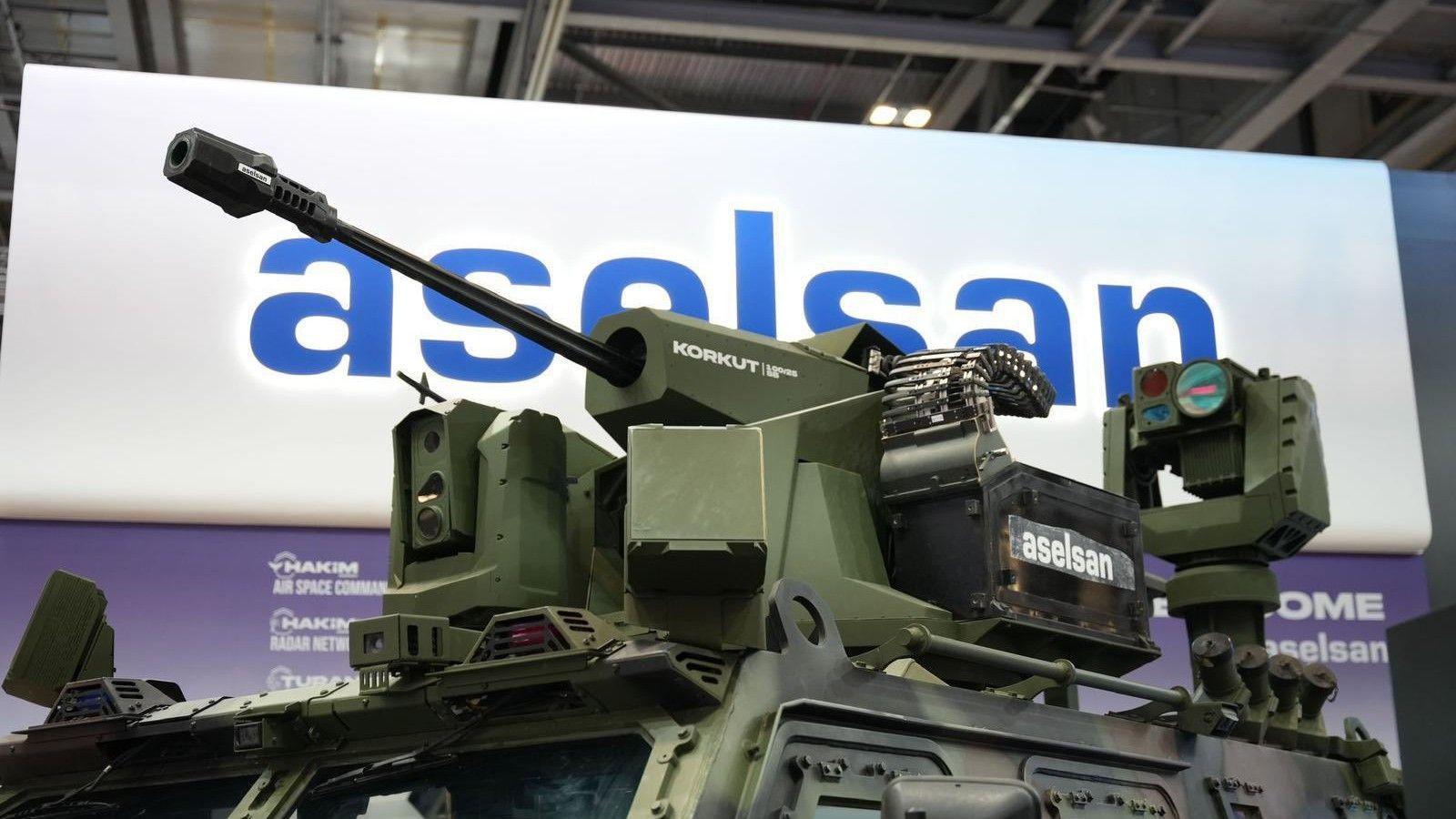
Türkiye’s thriving defense sector is poised to benefit as global defense spending is projected to reach $6 trillion annually by the mid-2030s, fueled by NATO’s recent commitments, Treasury and Finance Minister Mehmet Şimşek has stated.
Current levels stand at around $2.7 trillion, he noted during a live broadcast where he discussed key economic developments.
Şimşek pointed out that Türkiye is among the leading nations preparing for this surge.
"We hold a significant advantage in defense industry exports," he said.
With nearly 1,400 ongoing projects valued at over $100 billion, Türkiye is on track to enter the top 10 global defense exporters this year.
The minister also addressed broader economic challenges, including global debt burdens.
He explained that worldwide debt relative to income sits at 325 percent, while in developing countries it reaches 245 percent.
In contrast, Türkiye's ratio is a more manageable 92 percent, which bolsters its potential for faster growth.
On emerging technologies, Şimşek described artificial intelligence as a transformative yet potentially disruptive force.
Türkiye ranks well in AI readiness indices, ahead of many developing nations, he added.
Upcoming opportunities include a planned 5G auction and investments in fiber optic infrastructure by telecom firms.
Geopolitical tensions are providing Türkiye with an edge in defense, according to Şimşek.
He recalled that global defense outlays were just $1.2 trillion 25 years ago, signaling the rapid growth ahead.
Turning to energy, the minister revealed that Türkiye has spent a staggering $1 trillion on petroleum and natural gas imports over the past 23 years — nearly twice the country's combined public and private external debt.
To counter climate threats, Türkiye has invested $90 billion in irrigation projects during the same period, with plans to ramp up such efforts.
Şimşek reaffirmed confidence in the government's economic program despite external shocks, including regional conflicts and a domestic disruption in March.
"We've maintained financial market stability and are now entering the phase of disinflation and building resilience," he said.
Inflation is expected to drop below 30 percent by year-end, aligning with successful international models where such battles often span three to four years. Türkiye, he noted, is still in its second year of the initiative.